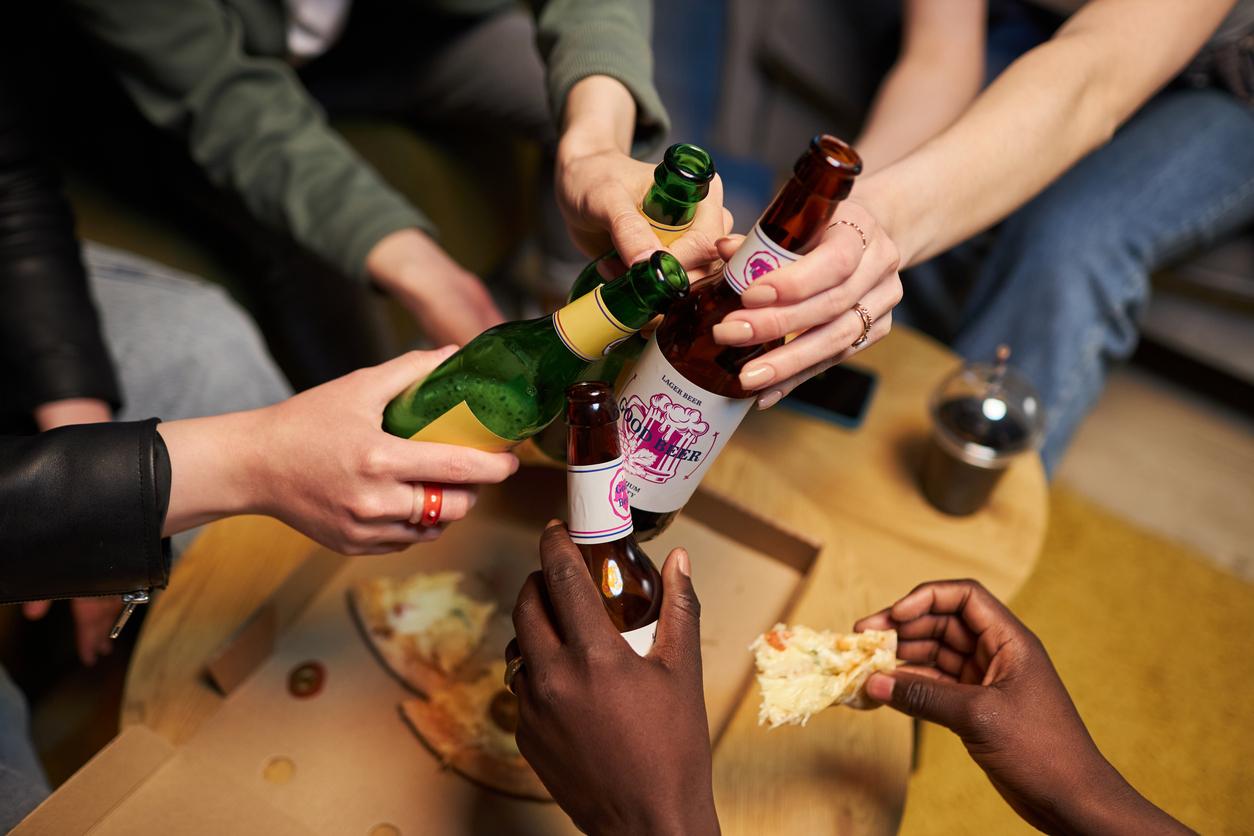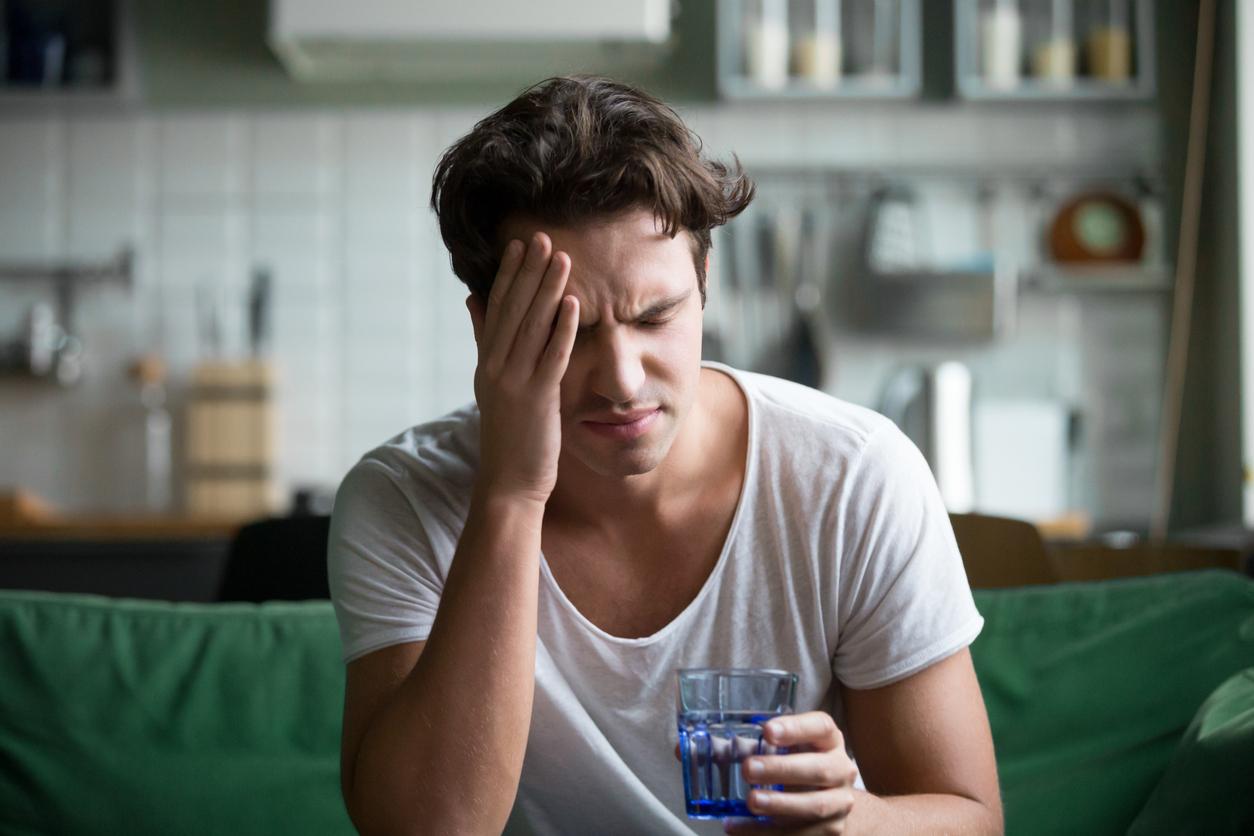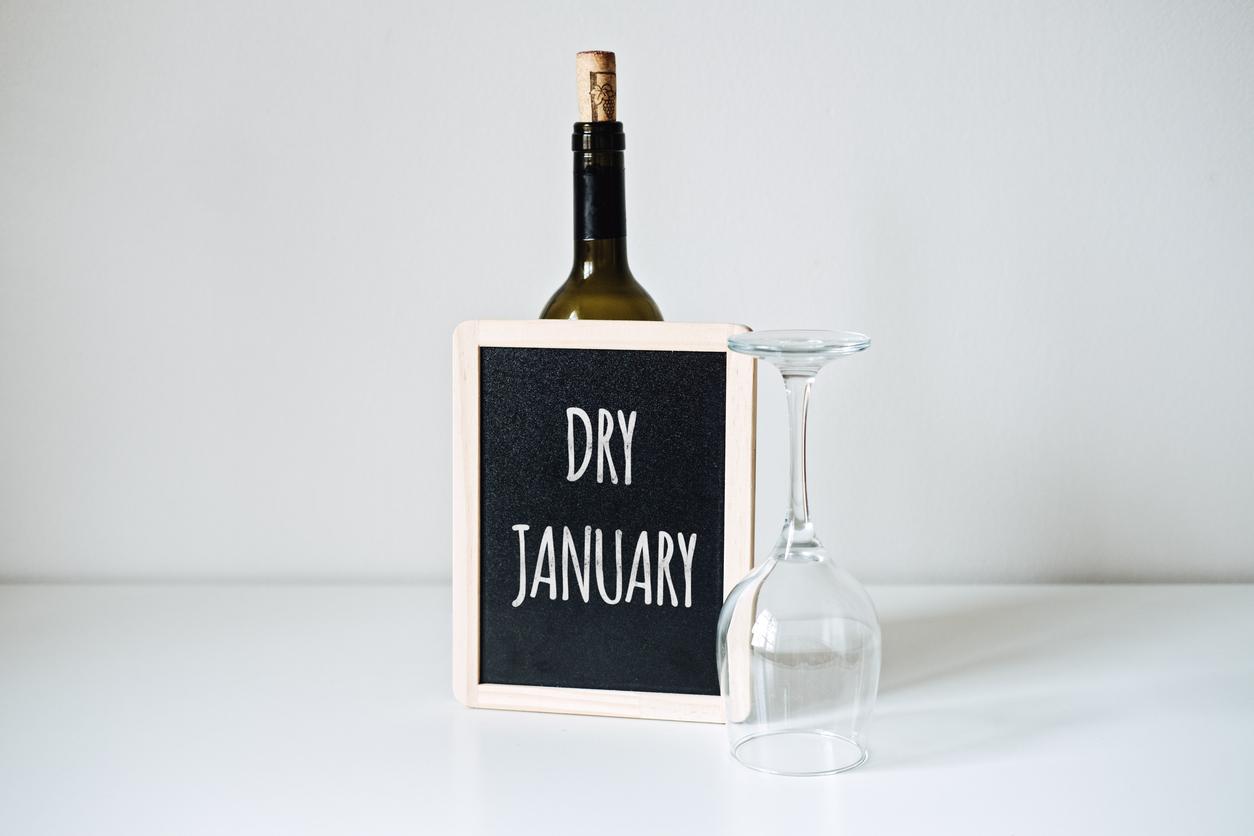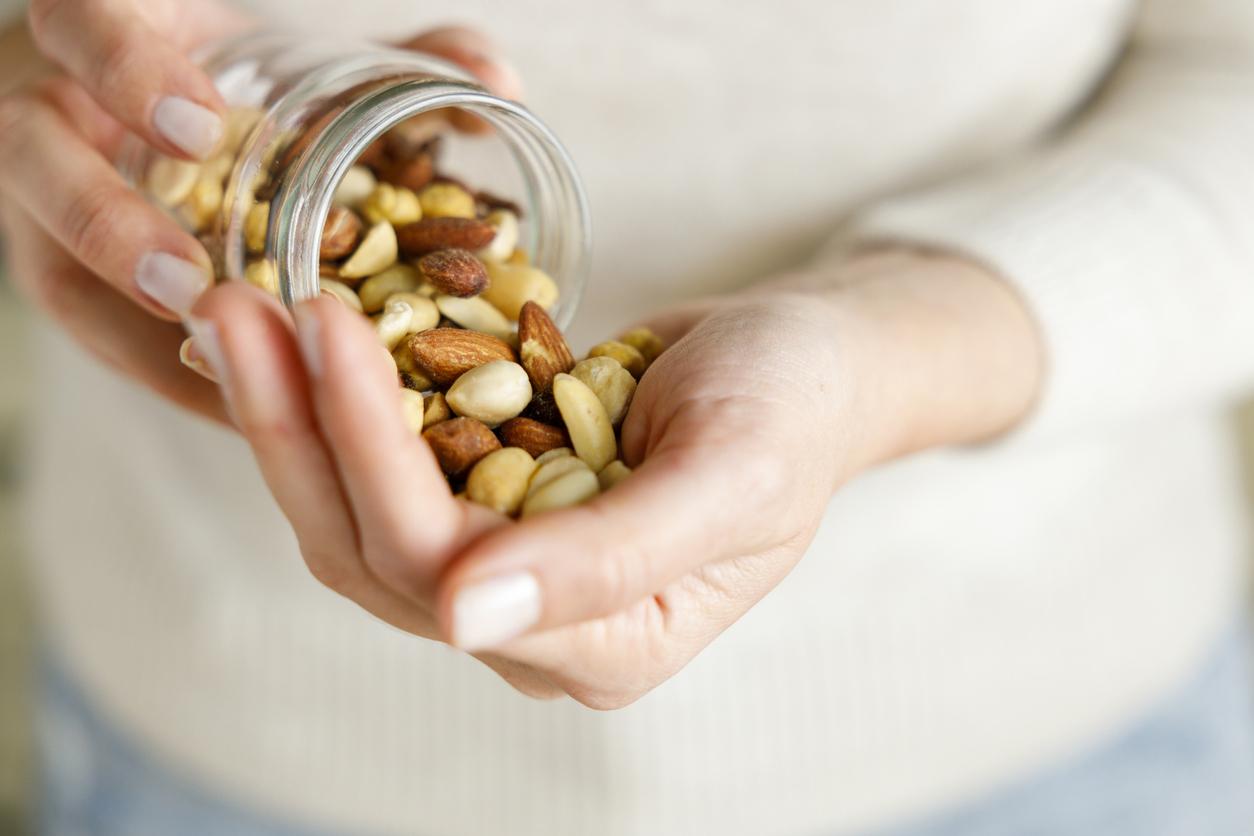During the holidays, the alcohol might have flowed freely and your liver still remembers it. In Great Britain, the Alcohol Change UK collective has found a good way to encourage the British to put their liver to rest and reduce their alcohol consumption: the Dry january (dry January). This campaign launched by the association since 2013, and supported by the British health authorities, invites those who wish to stop drinking a drop of alcoholduring the first month of the year. The interest of taking up this challenge is multiple: “After the excesses of holiday season, Dry January can help you get 2019 off to a good start, says Carol Runciman, City of York Executive Member of Adult Health and Social Services, told the newspaper The Press. Dry January isn’t about quitting alcohol anymore, it’s about giving your body a break after the holidays. It’s a great way to show yourself and others that you can still go out and have a good time without drinking. You can also realize certain benefits like saving money, better quality of sleep and better health. “
Weight loss and energy boost
According to campaign website, of the 3 million Britons who took part in the Dry january in January 2018, 88% of participants said they had saved money, 71% observed better sleep and 58% had lost weight. Other positive effects have been noted, underlines The Press, such as: a boost in energy, better general health, better ability to concentrate, greater control afterwards of their alcohol consumption or even more beautiful skin.
Sign-ups for #DryJanuary have opened! Giving up alcohol for a month is the easiest way to feel fab and save money in a short space of time. So what are you waiting for? Sign up here: https://t.co/dS8icbwkUBpic.twitter.com/0ER1Ch2R77
– Dry January (@dryjanuary) December 18, 2018
In France, where such a campaign does not exist, health authorities recommend not to exceed, for both sexes, 10 standard glasses (a standard glass = 10 g of pure alcohol which represents half a pint of beer at 5 degrees or a glass of 10 cl of wine at 12 degrees or a glass of champagne of 10 cl at 12 degrees) per week and no more than 2 standard glasses per day.
The alcohol consumptionrepresents the second cause of death avoidable after the tobacco. It kills 49,000 each year from cancer, cirrhosis, psychosis and alcohol dependence. This mortality particularly affects middle-aged men, recalls Public health France.
Read also:
Alcoholic beverages promote migraines
For your health, do not drink more than three times a week
Alcohol would play on our memories by modifying our molecules
















